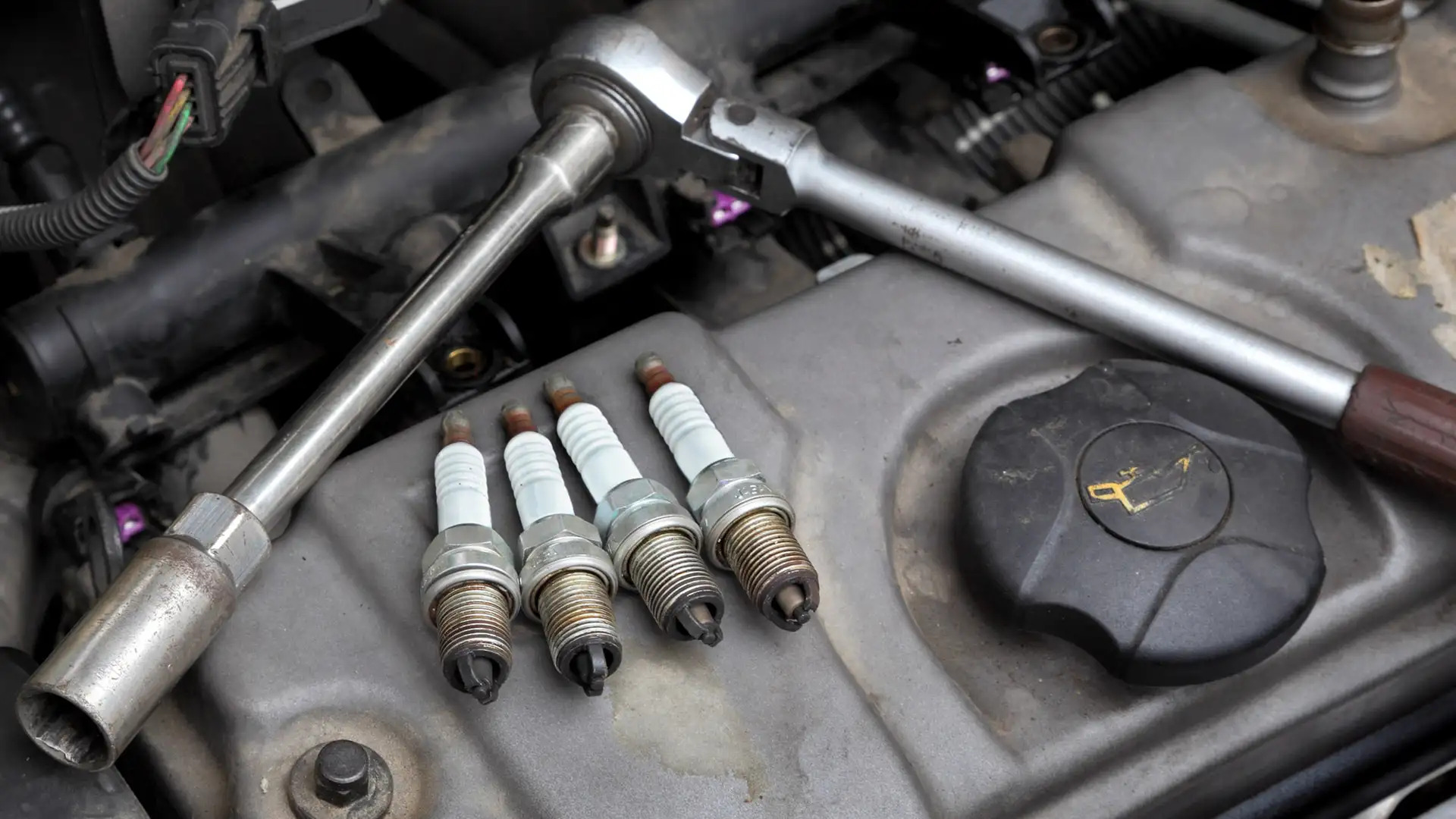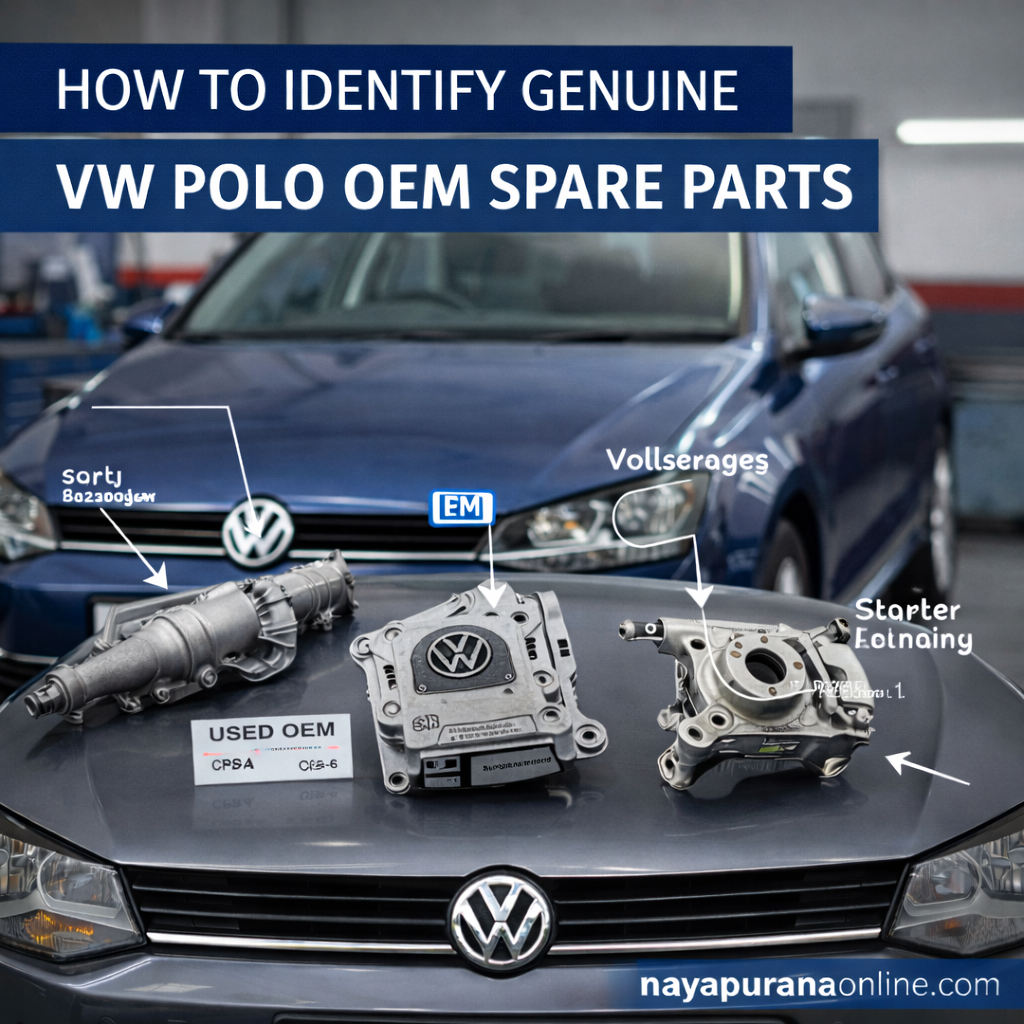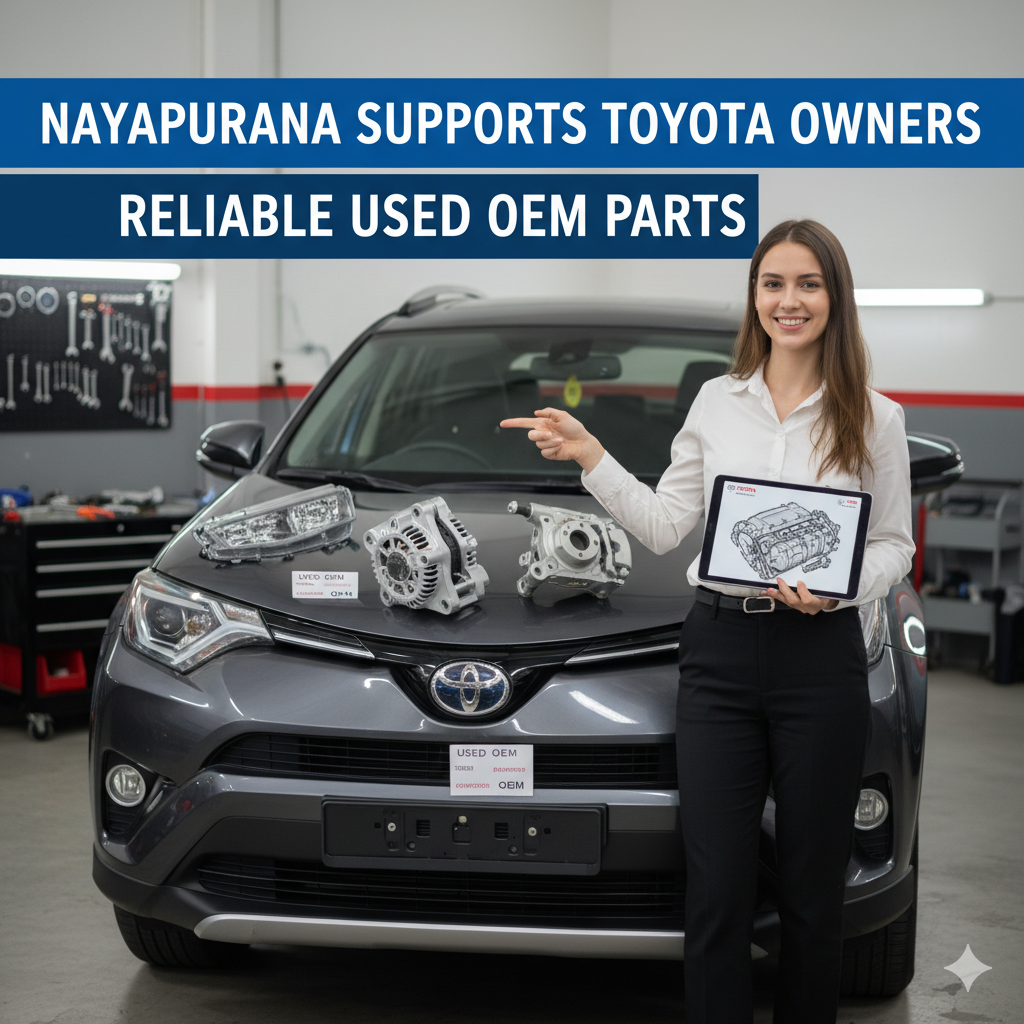Working Principle and Types of Spark Plugs.
28 Aug,2023
**Working Principle of Spark Plugs:**
Spark plugs initiate combustion in gasoline engines. They create a spark that ignites the air-fuel mixture in the combustion chamber. This ignition generates a controlled explosion, driving the engine's piston and producing mechanical energy from the chemical energy in the fuel.
**Types of Spark Plugs:**
1. **Copper Core:** Basic and affordable, suitable for older vehicles.
2. **Iridium:** Durable, with excellent performance and longevity.
3. **Platinum:** Long-lasting, resistant to wear and corrosion.
4. **Double Platinum:** High performance and durability for demanding engines.
5. **Silver:** Used in racing for high conductivity and heat dissipation.
6. **V-Power:** Improved ignitability, often in performance engines.
7. **Glow Plugs:** Heat diesel engine chambers for cold starts.

Spark plugs are a crucial component in internal combustion engines, specifically gasoline engines, as they initiate the combustion process by creating a spark that ignites the air-fuel mixture within the combustion chamber. This ignition process powers the engine and allows it to run efficiently. The working principle and types of spark plugs are as follows:
**Working Principle:**
1. **Ignition:** The process begins when the engine's piston compresses the air-fuel mixture within the combustion chamber.
2. **Electrical Energy:** A high-voltage electrical current is delivered to the spark plug through an ignition coil or distributor. This current generates a spark at the spark plug's electrode gap.
3. **Spark Creation:** The electrical energy ionizes the air and fuel mixture in the electrode gap, creating a spark. This spark generates heat, raising the temperature of the mixture and causing it to ignite.
4. **Combustion:** The ignited air-fuel mixture generates a controlled explosion, producing a rapid increase in pressure. This pressure pushes the piston down, converting the chemical energy in the fuel into mechanical energy, which ultimately drives the engine's crankshaft.
**Types of Spark Plugs:**
There are several types of spark plugs designed to meet different engine requirements and performance levels:
1. **Copper Core Spark Plugs:** These are the most basic and affordable spark plugs. They have a copper core that offers good conductivity but tends to wear out faster than other types. They are suitable for older vehicles with less demanding engine requirements.
2. **Iridium Spark Plugs:** Iridium spark plugs feature a fine wire center electrode made of iridium, a very hard and durable metal. They offer excellent performance and longevity due to their ability to withstand high temperatures and erosion. Iridium plugs are commonly used in modern engines.
3. **Platinum Spark Plugs:** Platinum spark plugs have a platinum center electrode and are known for their longevity and performance. They provide better resistance to wear and corrosion compared to copper plugs, making them suitable for engines with higher demands.
4. **Double Platinum Spark Plugs:** These plugs have both the center electrode and ground electrode made of platinum. They provide enhanced performance and durability, making them suitable for high-performance and long-lasting applications.
5. **Silver Spark Plugs:** These are less common and are typically used in specific racing applications. They offer high conductivity and heat dissipation, making them suitable for extreme conditions.
6. **V-Power Spark Plugs:** These plugs feature a V-shaped ground electrode that enhances ignitability and reduces quenching. They offer improved performance over standard plugs and are often used in performance-oriented engines.
7. **Glow Plugs:** Unlike regular spark plugs, glow plugs are used in diesel engines to heat the combustion chamber during cold starts. They don't create a spark but rather heat up to aid in igniting the fuel.
When selecting a spark plug type, it's important to consider factors such as the engine's performance requirements, operating conditions, and manufacturer recommendations to ensure optimal ignition and engine longevity.


 Login
Login









